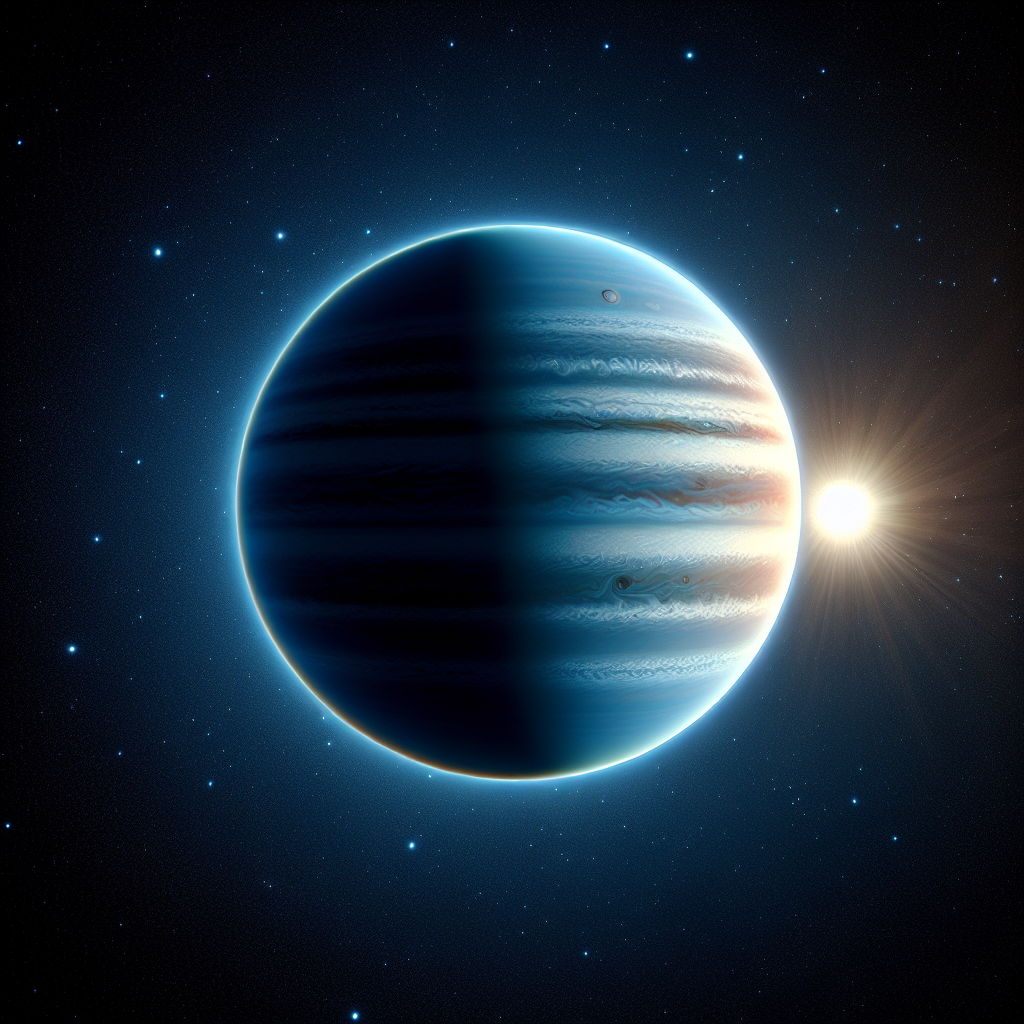Unveiling the Stinky Secrets of HD 189733b: A Hot Jupiter With a Twist
Researchers have discovered hydrogen sulfide, the compound responsible for the smell of rotten eggs, in the atmosphere of the exoplanet HD 189733b. Located 64 light-years from Earth, this hot Jupiter has extreme features including molten glass rain and temperatures reaching 1,700 degrees Fahrenheit. The finding enhances our understanding of planetary science.

Researchers have detected hydrogen sulfide, the chemical compound noted for its strong rotten egg smell, in the atmosphere of HD 189733b, a hot gas giant exoplanet first discovered in 2005. This cobalt blue planet, larger than Jupiter, already had an infamous reputation for its extreme conditions, such as sideways-blowing molten glass rain and fierce atmospheric winds.
Using new data from the James Webb Space Telescope, scientists have obtained a fuller picture of this exoplanet located 64 light-years from Earth in the constellation Vulpecula. The study, led by astrophysicist Guangwei Fu of Johns Hopkins University, marks the first detection of hydrogen sulfide in any exoplanet's atmosphere and adds to the existing knowledge from earlier observations that found water and carbon dioxide.
This discovery is significant for planetary science as it helps in understanding how planets like HD 189733b form and differ from those in our solar system. The planet orbits its host star very closely, completing one orbit every two days, which contributes to its extreme temperatures. Further research could provide insights into the unique composition and formation of planets across the galaxy.
(With inputs from agencies.)










